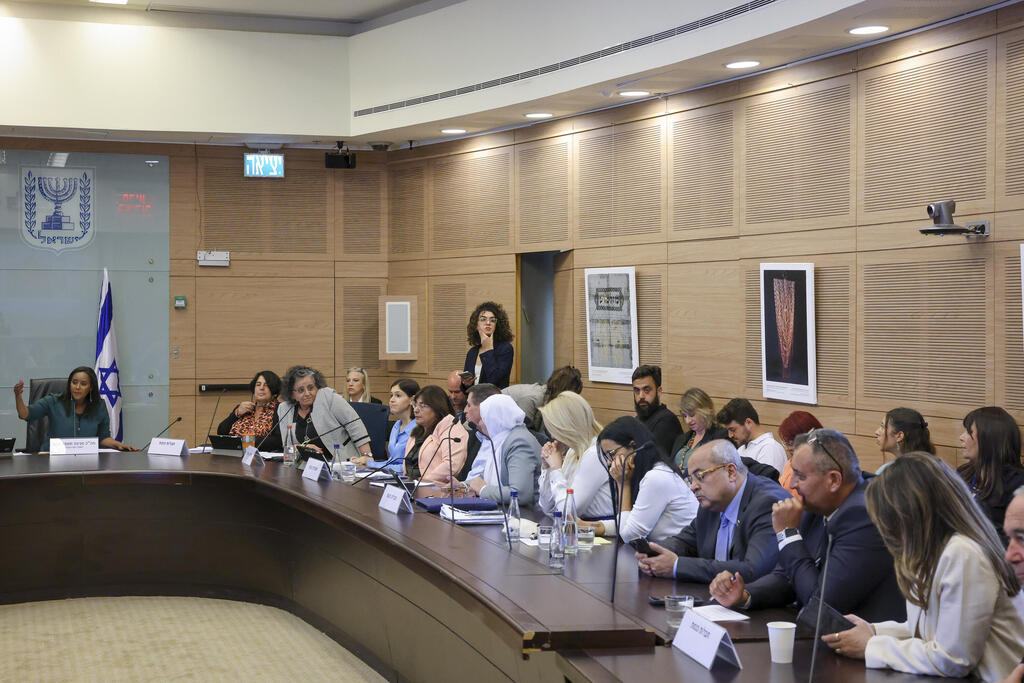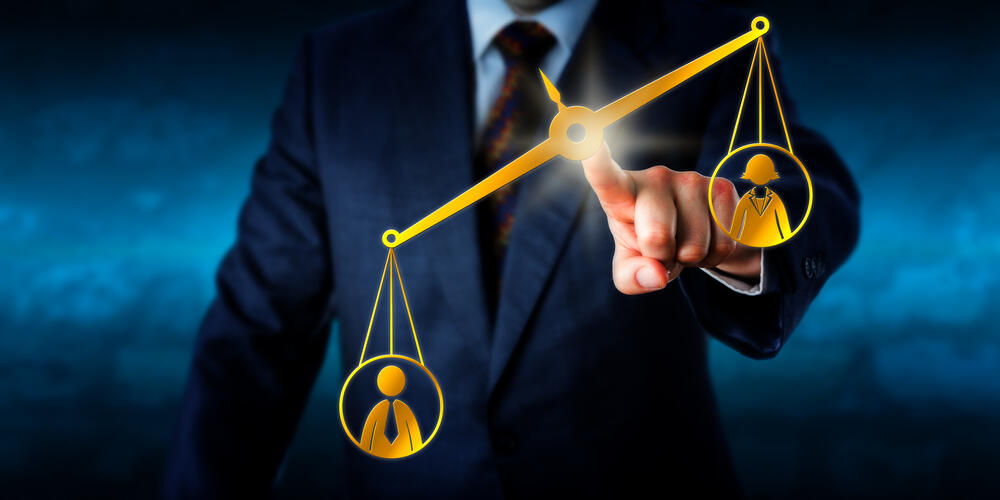Getting your Trinity Audio player ready...
In the quest for gender equality, Israel is at the bottom of the list among OECD countries, according to the recently released Social Institutions and Gender Index (SIGI) report.
Read more:
Examining discrimination against women in 179 countries, the report delves into four crucial parameters: discrimination within the family, protection and personal security, access to financial resources, and the exercise of civil liberties.
Shedding light on this issue is attorney Ayelet Razin Bet Or from the Office for the Advancement of the Status of Women, who emphasizes the significance of the report's findings.
"In the recently published report, Israel has received a concerning evaluation regarding discrimination against women, placing it alongside Japan as the country with the most significant gender equality gaps among OECD nations," she said.
The report's objective is to offer insights into how laws, social norms and state practices contribute to widening or narrowing the disparities between men and women.
Using a scale from zero to 100, where zero represents no discrimination and 100 signifies complete discrimination against women, Israel exhibits the highest level of disparity between women and men among OECD countries, standing at 33.4.
This score reflects significant gaps in equality, particularly in the areas of familial discrimination and the realization of civil liberties. In terms of familial discrimination, Israel received a score of 40.9, while the OECD average stands at 14.2 and the global average is 37.8.
Among the other countries that received a 'high' score indicating significant gender inequality were Turkey, Chile, the United States and Slovakia.
3 View gallery


A Knesset hearing on women's rights
(Photo: Noam Moshkowitz, Knesset spokesperson unit)
In contrast, countries with relatively low inequality include Belgium, Italy, Norway, Spain and Sweden.
SIGI serves as one of the official data sources for monitoring countries' progress toward the gender equality goal defined by the United Nations, according to Bet Or.
"The findings of the report are concerning and call for a comprehensive examination by all stakeholders," she said.
"In the past year, the authority for the advancement of women has invested significant efforts in mapping the challenges in various parameters," Bet Or said.
"This includes programs to promote women's involvement in the public sphere, increase meaningful representation of women in various sectors of society and the economy, initiatives focusing on women's employment, gender analysis of legislation, funding for professional training in combating violence against women, campaigns to raise public awareness on the issue, and other related initiatives," she said.
The data that was analyzed for the report was collected from March 2022 to February 2023, and women's organizations are concerned that the situation may worsen. Moran Zer Katzenstein, founder of the 'Building Alternative' women's rights activist movement, defined the data as evidence that women are "second-class citizens" in Israel.
"Legislation that encourages discrimination, budget cuts for women, prevention of electronic tracking for abusive men, budget reductions for preventing domestic violence, promotion of conservative laws, weakening the Supreme Court to prevent anyone from stopping the frenzy – these are just some examples," she explained.
Hadas Danieli Yalin, CEO of the Women's Lobby, added that "16 women have been murdered since the beginning of the year, and no one is addressing this issue and dealing with it as required.
"The government hinders women's ability to live in equality by implementing policies that seek to impose draconian measures on women, passing laws that prioritize religious laws over civil law, and ignoring cases of women's exclusion in the public sphere," she said.
"The gravity of the situation was evident, regardless of any report. It was enough to look at the budget that passed in the first reading in the Knesset to see that the government's concern for women is not part of its daily agenda," she added.
"Every woman in Israel should be concerned today. It's our time to act together and demand the rightful place we deserve in Israeli society," Yalin concluded.



